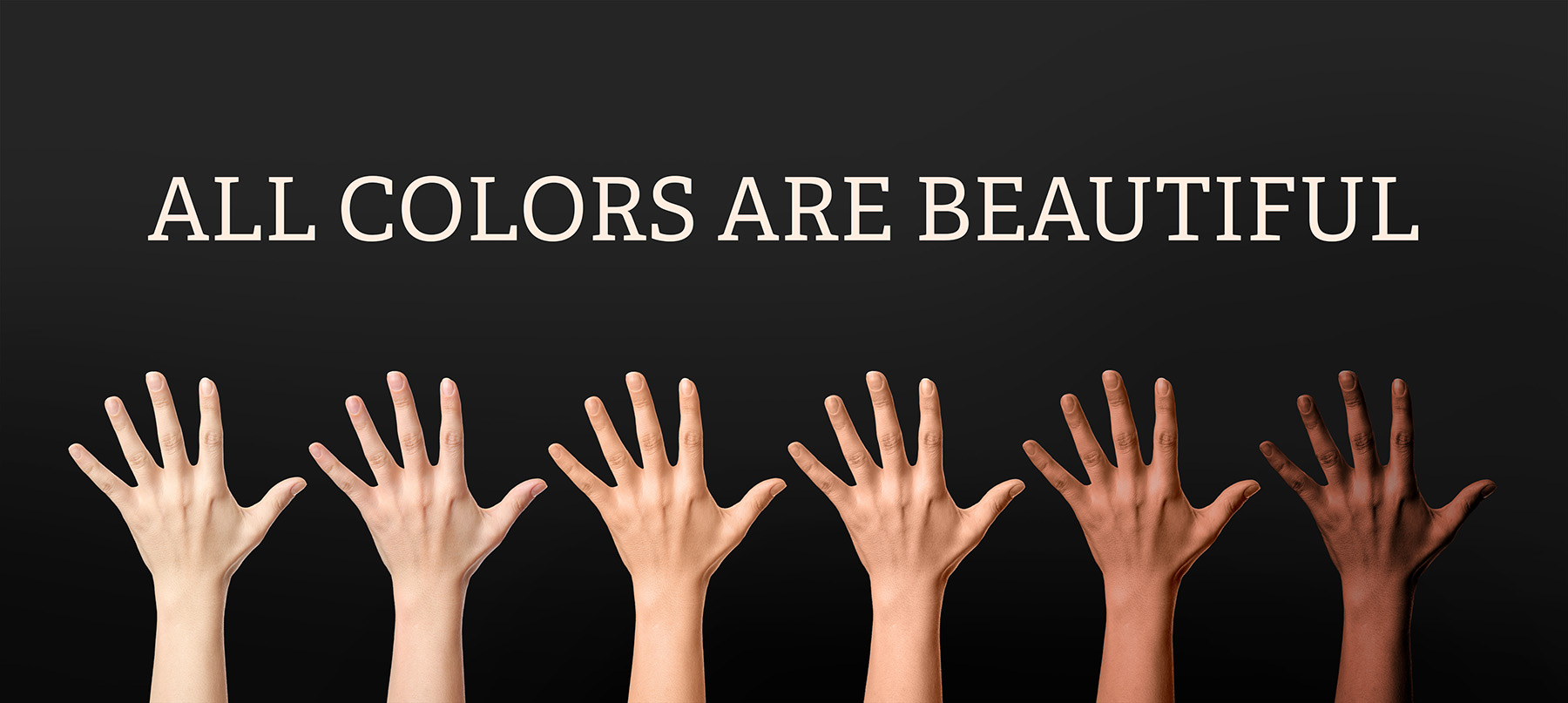11/13/2024

In a chilling reminder of America's painful legacy of slavery and racism, Black Americans across the country—from students at Historically Black Colleges and Universities (HBCUs) to working professionals—are receiving racist text messages that reference “picking cotton” and “slave catchers.” The messages have triggered outrage, heartbreak, and fear among recipients and drawn condemnation from leaders and authorities across more than 20 states.
This coordinated barrage of hateful rhetoric didn’t arrive out of nowhere. In the heated climate following the presidential election, white nationalist groups and racists seem emboldened. As NAACP President Derrick Johnson pointed out, this hatred is “unfolding before our eyes” in ways that we thought we had moved past.
 Hands of different people and text ALL COLORS ARE BEAUTIFUL on dark background. Stop racism
Hands of different people and text ALL COLORS ARE BEAUTIFUL on dark background. Stop racism
Imagine being a college student—a young person with dreams, friends, and a bright future ahead—suddenly receiving a message telling you to “pick cotton at the nearest plantation.” For students at institutions like Hampton, Fisk, and Claflin Universities, this racist harassment isn’t just cruel—it’s terrifying. Parents, professors, and students alike are grappling with this shadow of hatred, rallying to support one another and ensure safety. The University of Alabama recently saw students mapping out safe routes and walking in groups after similar messages targeted their Black student body.
TextNow, the service platform used to send these anonymous texts, has taken steps to disable the accounts responsible, calling the attack “widespread and coordinated.” However, the anonymity tools available to online harassers mean that law enforcement agencies are fighting an uphill battle to identify the individuals responsible.
From New York to California, attorneys general on both sides of the political aisle are condemning the messages. In Louisiana, Attorney General Liz Murrill, who also received one of these vile messages, expressed her commitment to investigating this assault on our communities. New York’s Attorney General Letitia James called the messages “disgusting and unacceptable,” especially given the personal information often included.
The messages’ content goes beyond hate speech—they are crafted to inflict psychological harm. As Talaya Jones, a Black resident of New Jersey, noted, this isn’t just about an ugly word or a backward opinion; it’s about making individuals, especially young people, feel unsafe and degraded. It’s a clear attempt to revive a history that millions have fought to overcome.
Even as the Federal Communications Commission and FBI ramp up their efforts to track down the culprits, the impact on victims has been profound. For Black and brown communities, these messages serve as an ugly reminder of our nation’s failure to fully eradicate the stains of its past.
In today’s America, where hate can be sent with the click of a button and an anonymous number, the need for unity and resilience has never been greater. This despicable act has left its mark on those targeted, yes—but it has also united communities, reigniting the fight against racial hatred.
At Houston Style Magazine, we stand with all those affected. This attempt to silence and intimidate only strengthens our resolve to report, support, and uplift every member of our community. Racism may still rear its ugly head, but together, we push back—because hate will not win.
